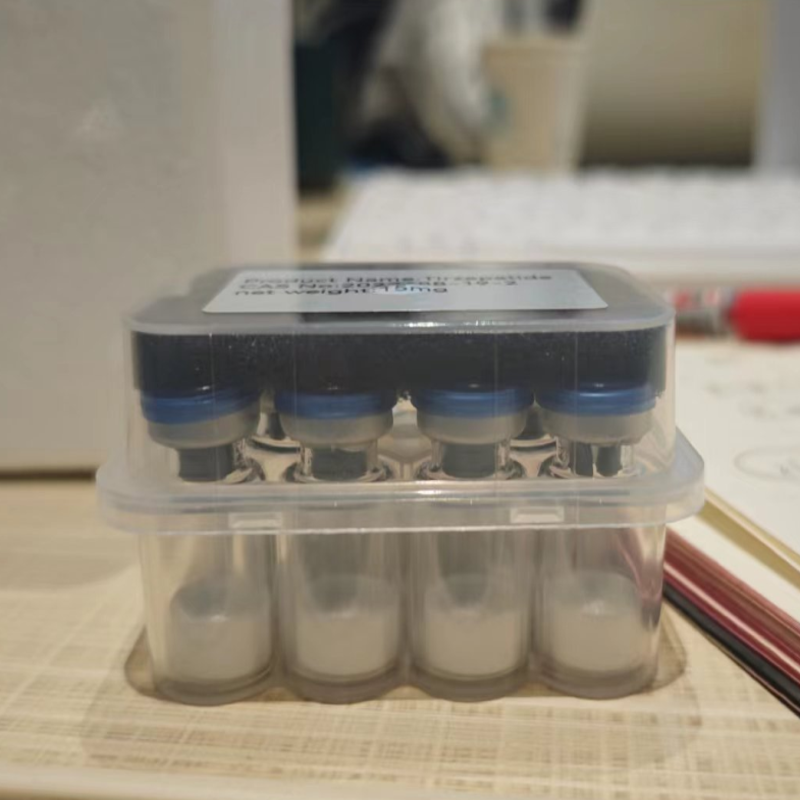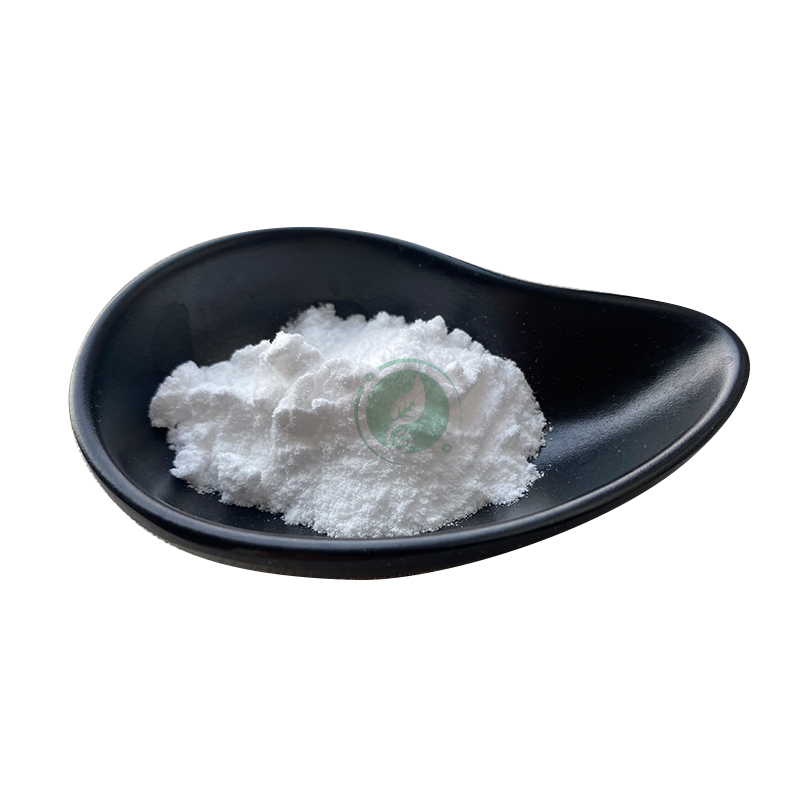-
Categories
-
Pharmaceutical Intermediates
-
Active Pharmaceutical Ingredients
-
Food Additives
- Industrial Coatings
- Agrochemicals
- Dyes and Pigments
- Surfactant
- Flavors and Fragrances
- Chemical Reagents
- Catalyst and Auxiliary
- Natural Products
- Inorganic Chemistry
-
Organic Chemistry
-
Biochemical Engineering
- Analytical Chemistry
-
Cosmetic Ingredient
- Water Treatment Chemical
-
Pharmaceutical Intermediates
Promotion
ECHEMI Mall
Wholesale
Weekly Price
Exhibition
News
-
Trade Service
A drug candidate developed from molecules found in the venom of the funnel-web spider on Fraser Island (K'gari) can prevent damage from a heart attack and extend the lifespan of donor hearts used for organ transplants
This discovery was made by a team led by Dr.
Dr.
Dr.
"Hypoxia will cause the cell environment to become acidic, and the combination of these two factors will signal the heart cells to die
"Despite decades of research, no one can develop a drug to stop this death signal in heart cells, which is why heart disease is still one of the leading causes of death in the world
Dr.
"The Hi1a protein in spider venom blocks the acid-sensing ion channels in the heart, so the death message is blocked, cell death is reduced, and we see an improvement in the survival of heart cells
There are currently no clinically used drugs that can prevent the damage caused by a heart attack
Professor MacDonald of the Victor Zhang Heart Institute said that this incredible result is the result of decades
Professor MacDonald said: "This will not only help thousands of heart disease patients worldwide each year, but also increase the number and quality of donated hearts, which will bring hope to those on the waiting list for transplantation
advertising
Professor MacDonald is also a cardiologist at St.
"Usually, if the donor's heart stops beating for more than 30 minutes before being removed, these hearts cannot be used-even if we can buy an extra 10 minutes, this may make the difference between someone having a heart or someone losing it
This discovery is based on the earlier work of Professor Jin, who discovered a small protein in the venom of the Fraser Island funnel web spider, which has been shown to significantly improve recovery after stroke
Professor Jin said: "We found that this small protein called Hi1a, even if taken 8 hours after the onset of a stroke, can surprisingly reduce the damage to the brain
"Testing Hi1a on heart cells also makes sense, because like the brain, the heart is one of the body's most sensitive organs to blood flow and hypoxia
.
"For heart disease patients, our vision for the future is that Hi1a can be managed by first responders in ambulances, which will truly change the health outcomes of heart disease
.
"
"This is especially important in rural and remote areas of Australia, where patients and treatment hospitals are far away, and every second is important at this time
.
"
At the same time, this also facilitates the transplantation of donor hearts in heart transplantation-allowing these donor hearts to be transported over longer distances, thereby increasing the available network of donors and recipients
.
This protein has been tested in human heart cells, and the team's goal is to conduct human clinical trials on stroke and heart disease within 2-3 years
.
Bill Stavreski, general manager of heart health and research at the Heart Foundation, welcomed the discovery
.
"Approximately 57,000 Australians have a heart attack each year, and many cause permanent damage to the heart muscle, leading to heart failure, disability and reduced quality of life.
Although more research and research are needed, this research may lead to a new way to Reverse this damage in heart disease survivors
.
"
Journal Reference :
Meredith A.
Redd, Sarah E.
Scheuer, Natalie J.
Saez, Yusuke Yoshikawa, Han Sheng Chiu, Ling Gao, Mark Hicks, Jeanette E.
Villanueva, Yashutosh Joshi, Chun Yuen Chow, Gabriel Cuellar-Partida, Jason N.
Peart, Louise E.
See Hoe, Xiaoli Chen, Yuliangzi Sun, Jacky Y.
Suen, Robert J.
Hatch, Ben Rollo, Mubarak AH Alzubaidi, Snezana Maljevic, Gregory A.
Quaife-Ryan, James E.
Hudson, Enzo R.
Porrello, Melanie Y.
White, Stuart J.
Cordwell, John F.
Fraser, Steven Petrou, Melissa E.
Reichelt, Walter G.
Thomas, Glenn F.
King, Peter S.
Macdonald, Nathan J.
Palpant.
Therapeutic Inhibition of Acid Sensing Ion Channel 1a Recovers Heart Function After Ischemia-Reperfusion Injury .
Circulation , 2021; DOI: 10.
1161/CIRCULATIONAHA.
121.
054360







